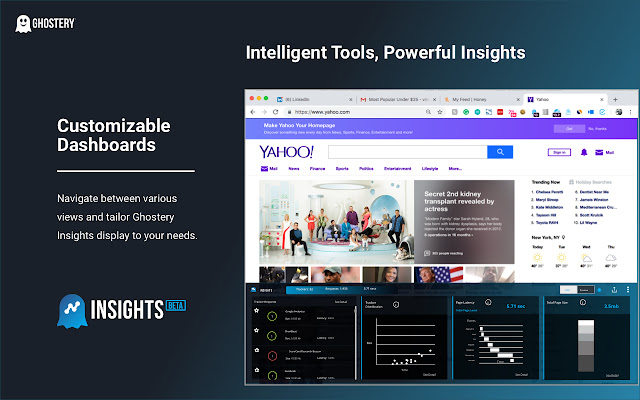Do Prop Firms Require Minimum Track Records, and How Does That Affect Competition?
Ever wondered how some traders jump straight into the deep end with prop firms while others struggle for years before getting a shot? Its more than just luck — a lot of it hinges on the firms expectations around track records. The fact is, prop trading is evolving fast, and how firms view experience shapes the whole playing field. So, what’s the real deal with minimum track records, and how does that influence whos in the game and who’s left on the sidelines?
Setting the Bar: Do Prop Firms Need a Track Record?
Many proprietary trading firms do, in fact, have expectations when it comes to a trader’s past performance. But it’s not an across-the-board rule — some firms are more flexible, especially smaller or newer ones trying to grow their team. Larger, more established firms might demand at least several months of verified profitability or consistent performance before bringing someone onboard. Think of it like sports tryouts: unless you’ve got some proven stats, it’s tougher to get a spot on the team.
Take the example of a firm coaching traders specifically in forex or crypto. They want to see that you’re not just flinging money around randomly but that you can sustain gains over time, even in volatile markets. If youve previously traded stocks or commodities successfully, that can often help establish credibility, but the focus usually narrows down to the asset class they trade.
How Minimum Track Records Shape Competition
This requirement actually kicks certain players out of the starting blocks. Traders fresh from demo accounts or without a verified track record might find it tougher to penetrate top-tier prop firms. It’s a game of prestige and credibility—if no one sees tangible success, it’s hard to get a foot in the door.
However, this doesn’t stop motivated traders from carving out their path. Niche or newer firms with less stringent criteria are welcoming those hungry to prove themselves. They tend to offer simulated accounts or simplified evaluation programs, which are less about past glory and more about potential, adaptability, and learning curve.
It’s a bit like sports leagues where rookie players need to impress in their first few games before gaining recognition. The effect? It raises the bar for entry, pushing traders to refine their strategies, manage risk better, and build real, measurable success before they get premium backing.
The Double-Edged Sword: Competition and Innovation
On the one hand, minimum track record requirements can keep the competition tight — only those with proven skills can take part in the biggest pools of capital. That incentivizes rigorous training, discipline, and transparency. On the other hand, it can also create barriers that exclude talented newcomers, especially those from underrepresented backgrounds or those still in the learning phase.
This dynamic impacts the kind of talent climate in prop trading. We see some traders turning to educational platforms, trading simulators, and community-based challenges to amass a verifiable track record. It’s become a kind of apprenticeship culture, where the journey to meeting firm standards is as crucial as the trading itself.
Evolving Landscape: The Future of Prop Trading and Its Challenges
Looking ahead, the industry is shifting at a rapid pace. Decentralized finance, for example, is making waves with peer-to-peer trading, smart contract automation, and tokenized assets — fundamentally changing how we think about access and transparency. But with decentralization comes challenges: regulatory hurdles, liquidity fragmentation, and the need for reliable security measures.
Meanwhile, emerging technologies like AI-driven trading bots and algorithmic strategies are redefining what it means to be a successful trader. Firms are increasingly investing in machine learning models capable of adapting quickly to market shifts, which means that even traders with limited track records can leverage AI tools to demonstrate their potential.
What does this mean for the future? The prop trading field could soon be less about the size of your past track record and more about your ability to work with cutting-edge tech, adapt strategies in real-time, and integrate decentralized finance protocols.
Why “Build Your Track, Shape Your Future” Isn’t Just a slogan
In this landscape, building a strong, verifiable trading track isn’t just a credibility boost — it’s becoming your passport to next-gen opportunities. Prop firms that recognize potential over past performance will become the pioneers, opening doors to a broader range of talents and trading styles.
The future of prop trading is fluid, innovative, and more inclusive than ever before. Whether your strength lies in forex, stocks, crypto, or commodities, your ability to adapt and demonstrate consistent performance—whether through traditional metrics or innovative strategies—is key.
In sum, while minimum track record requirements can influence the competition landscape, they also push traders toward continuous improvement. As decentralized finance and AI continue to evolve, the game might become less about where you’ve been and more about where you’re headed.
The key takeaway? Keep trading smart, stay curious about emerging tech, and remember — your track record is just the beginning of your journey. The future belongs to those who prepare to innovate.


